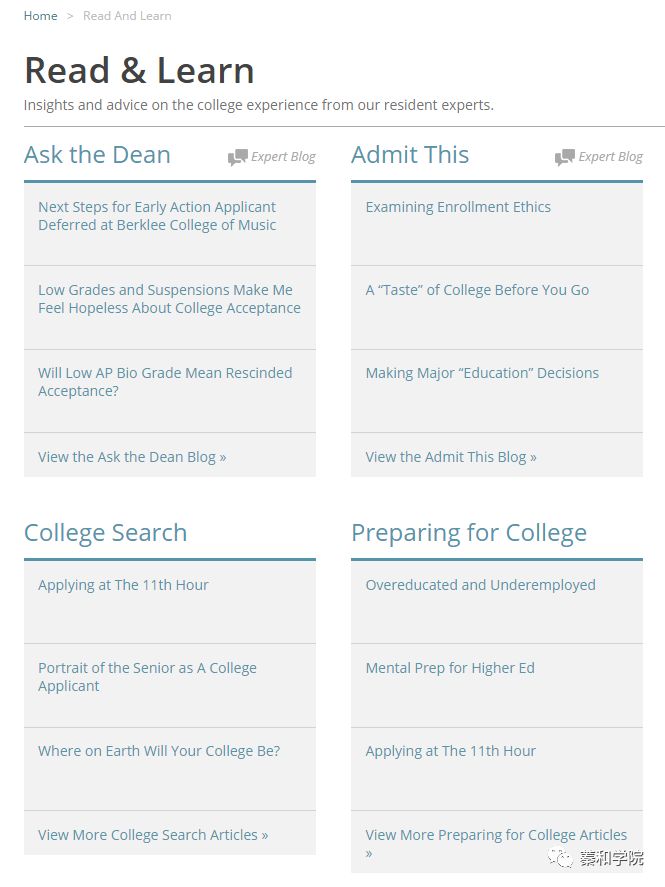Unlocking Opportunities: A Comprehensive Guide to FSA Loans for Students
#### What are FSA Loans?FSA loans, or Federal Student Aid loans, are financial aid options provided by the U.S. Department of Education to help students cov……
#### What are FSA Loans?
FSA loans, or Federal Student Aid loans, are financial aid options provided by the U.S. Department of Education to help students cover the costs of their education. These loans are designed to make college more accessible and affordable for students from various financial backgrounds. Understanding FSA loans is crucial for students seeking higher education, as they can significantly reduce the financial burden associated with tuition, books, and living expenses.
#### Types of FSA Loans
There are several types of FSA loans available to students, each designed to meet different financial needs:
1. **Direct Subsidized Loans**: These loans are available to undergraduate students who demonstrate financial need. The government pays the interest on these loans while the student is in school at least half-time, during the grace period, and during deferment periods.
2. **Direct Unsubsidized Loans**: Unlike subsidized loans, these are available to both undergraduate and graduate students regardless of financial need. The borrower is responsible for paying the interest on these loans at all times, including while in school.
3. **Direct PLUS Loans**: These loans are available to graduate students and parents of dependent undergraduate students. PLUS loans can help cover any remaining costs of education after other financial aid has been applied.

4. **Direct Consolidation Loans**: This option allows borrowers to combine multiple federal student loans into a single loan with a fixed interest rate. This can simplify repayment and potentially lower monthly payments.
#### How to Apply for FSA Loans
Applying for FSA loans involves a few straightforward steps:
1. **Complete the FAFSA**: The first step in applying for FSA loans is to fill out the Free Application for Federal Student Aid (FAFSA). This form collects financial information to determine eligibility for federal aid, including grants, work-study, and loans.
2. **Review Your Student Aid Report (SAR)**: After submitting the FAFSA, you will receive a SAR, which summarizes your financial information and indicates your expected family contribution (EFC). Review this document carefully, as it will impact your eligibility for FSA loans.

3. **Receive Financial Aid Offers**: Once your FAFSA is processed, colleges and universities will send you financial aid offers, detailing the types and amounts of aid you are eligible for, including FSA loans.
4. **Accept Your Loans**: After reviewing your financial aid offers, you can choose to accept or decline the loans offered. It’s essential to understand the terms and conditions associated with each loan before making a decision.
#### Repayment of FSA Loans
Repaying FSA loans is an important aspect to consider when borrowing. Here are key points about loan repayment:
- **Grace Period**: Most FSA loans offer a grace period of six months after graduation or dropping below half-time enrollment before you must begin repayment.

- **Repayment Plans**: There are various repayment plans available, including standard, graduated, and income-driven repayment plans. Each plan has its own terms, so it's crucial to choose one that aligns with your financial situation.
- **Loan Forgiveness Programs**: Certain professions, such as public service workers, may be eligible for loan forgiveness after making a specific number of qualifying payments under the Public Service Loan Forgiveness (PSLF) program.
#### Conclusion
FSA loans provide essential financial support to students pursuing higher education. By understanding the different types of loans available, the application process, and repayment options, students can make informed decisions about financing their education. Taking advantage of FSA loans can open doors to academic and career opportunities, ultimately leading to a brighter future.